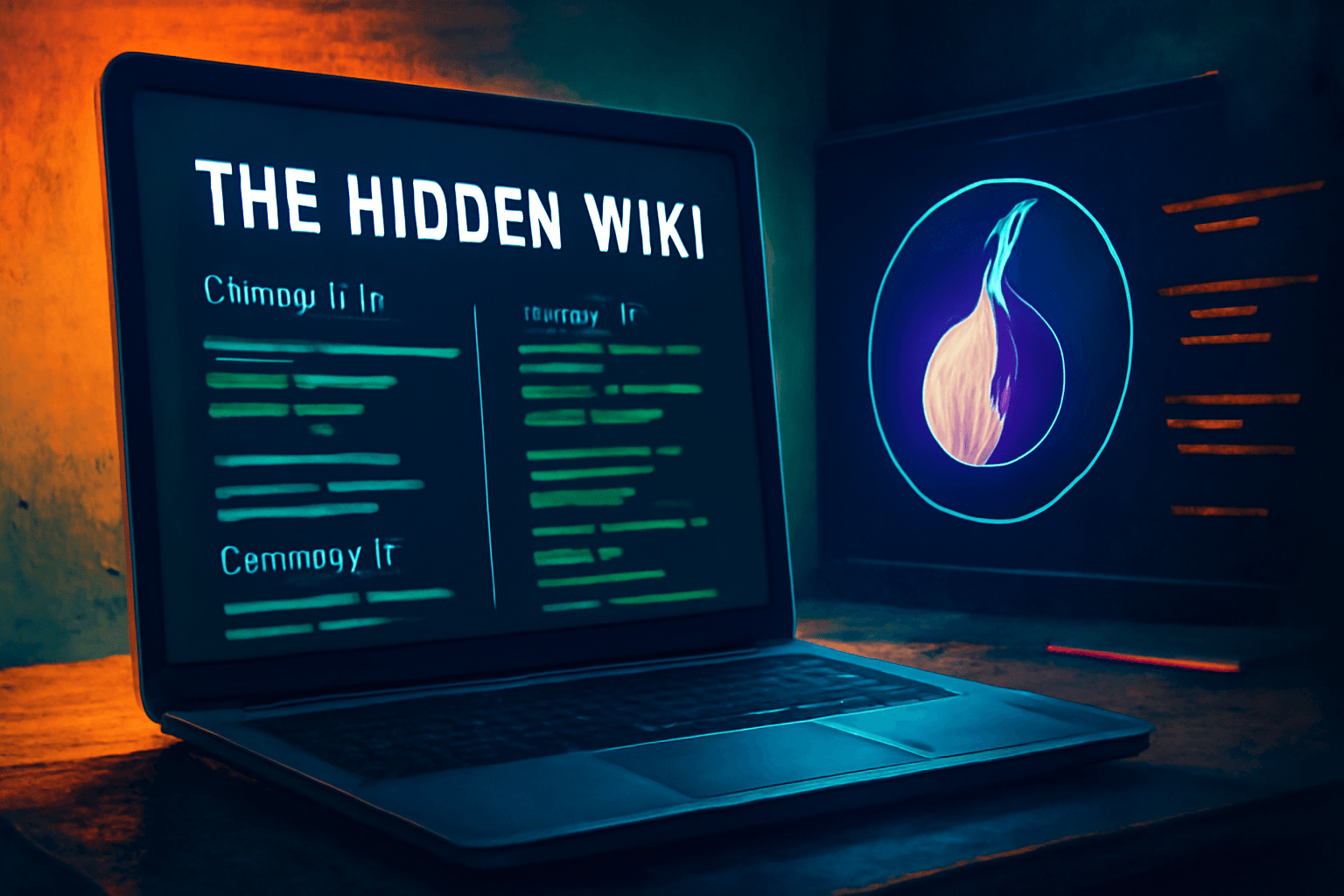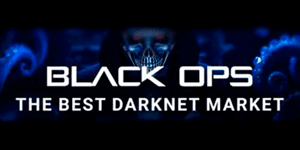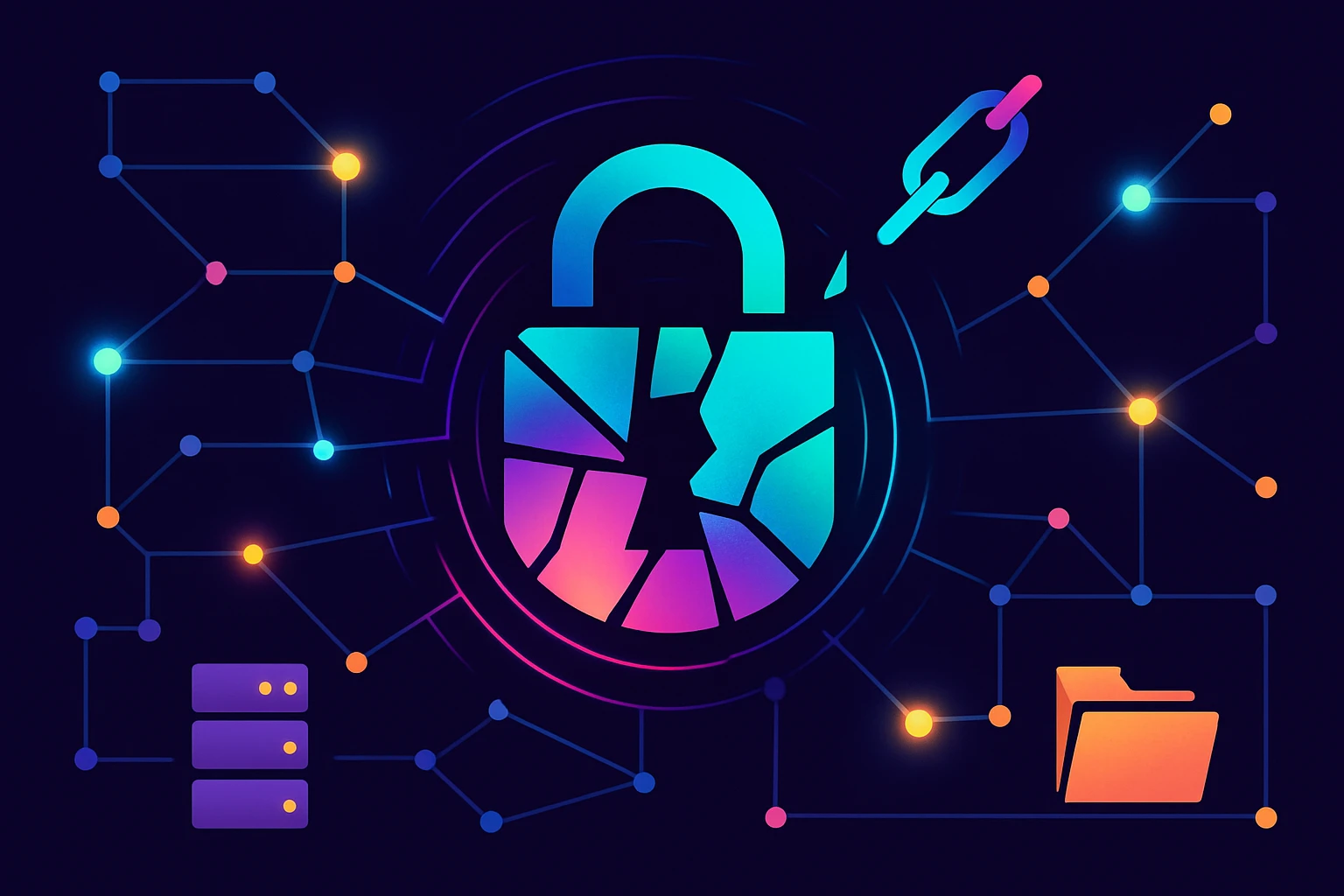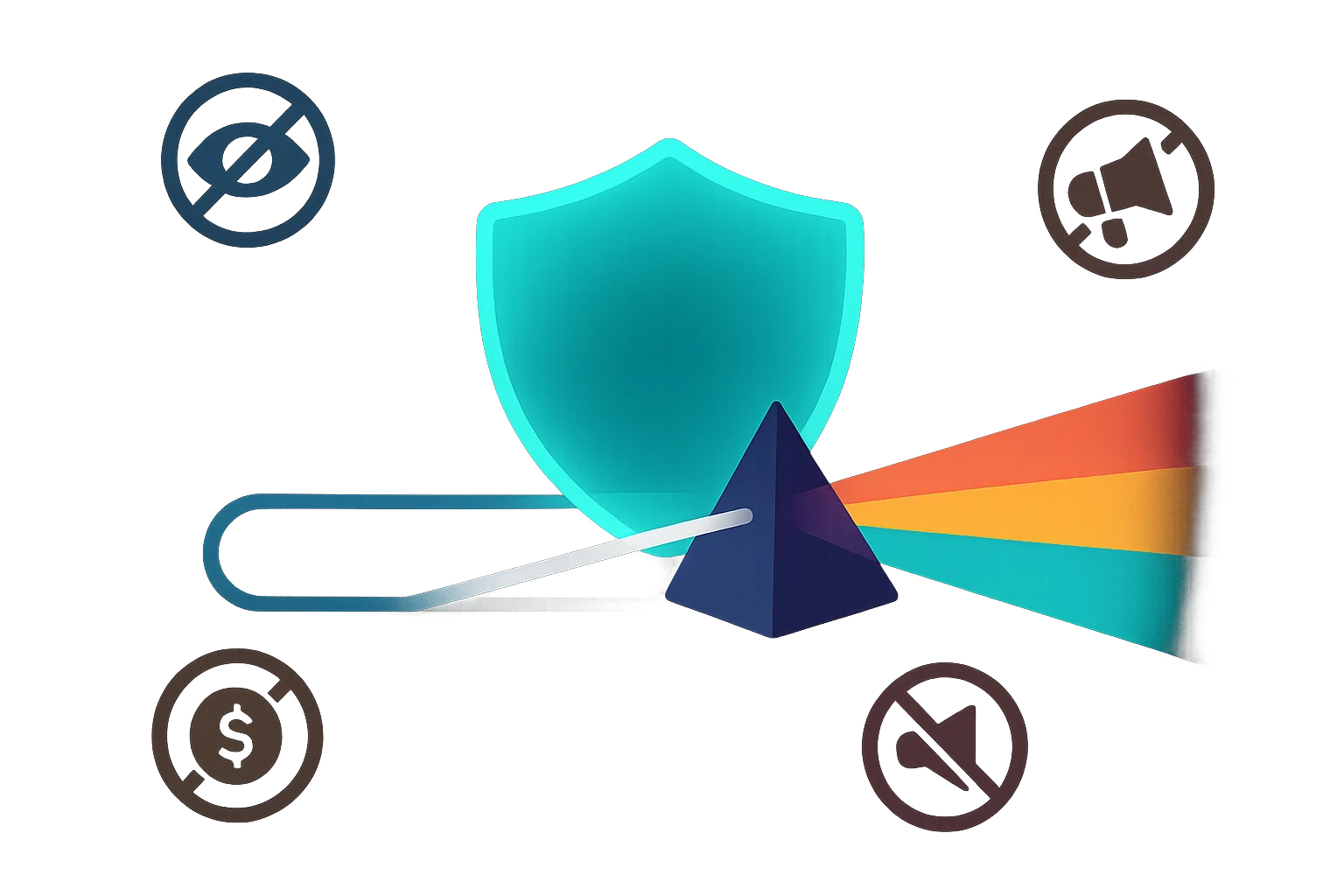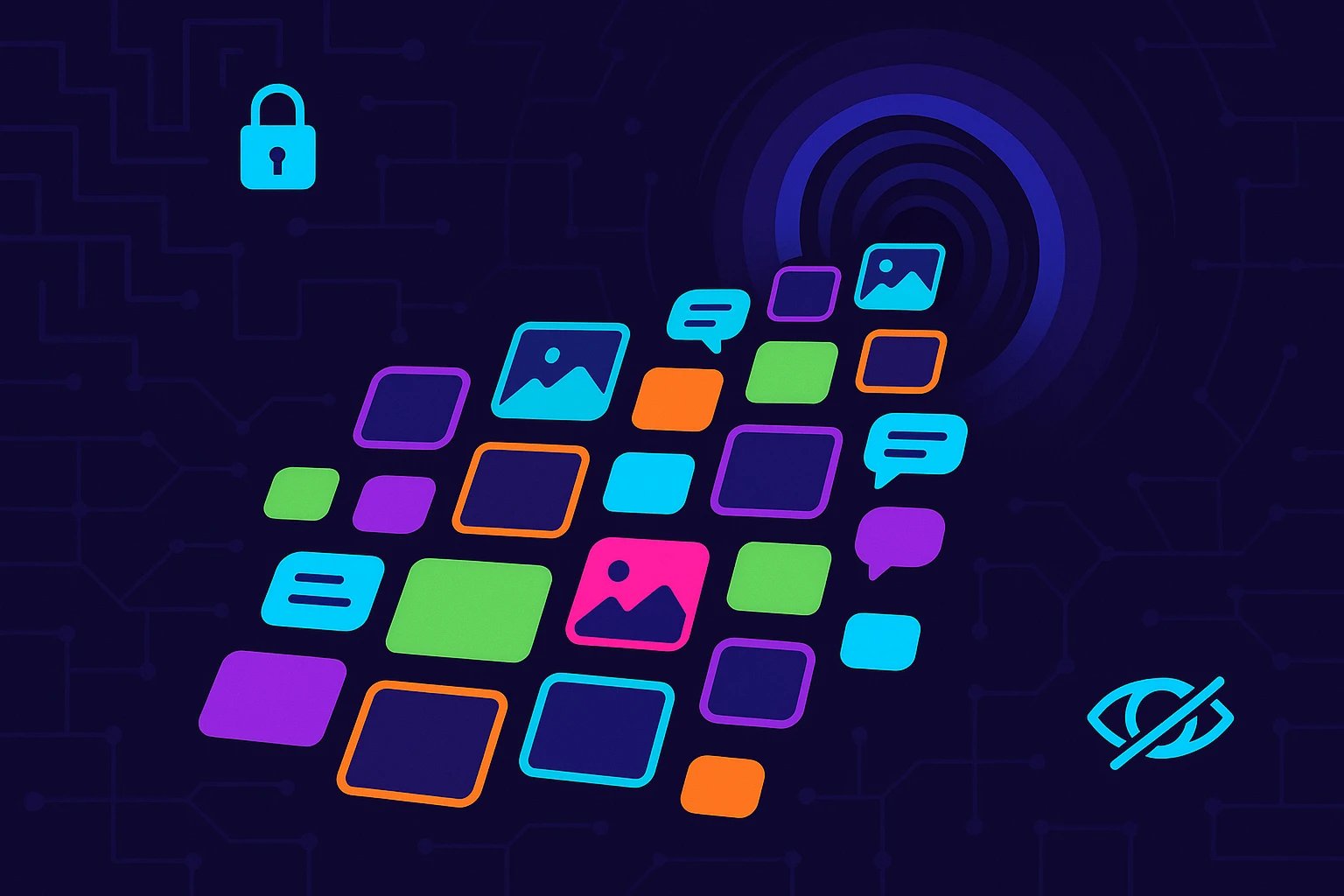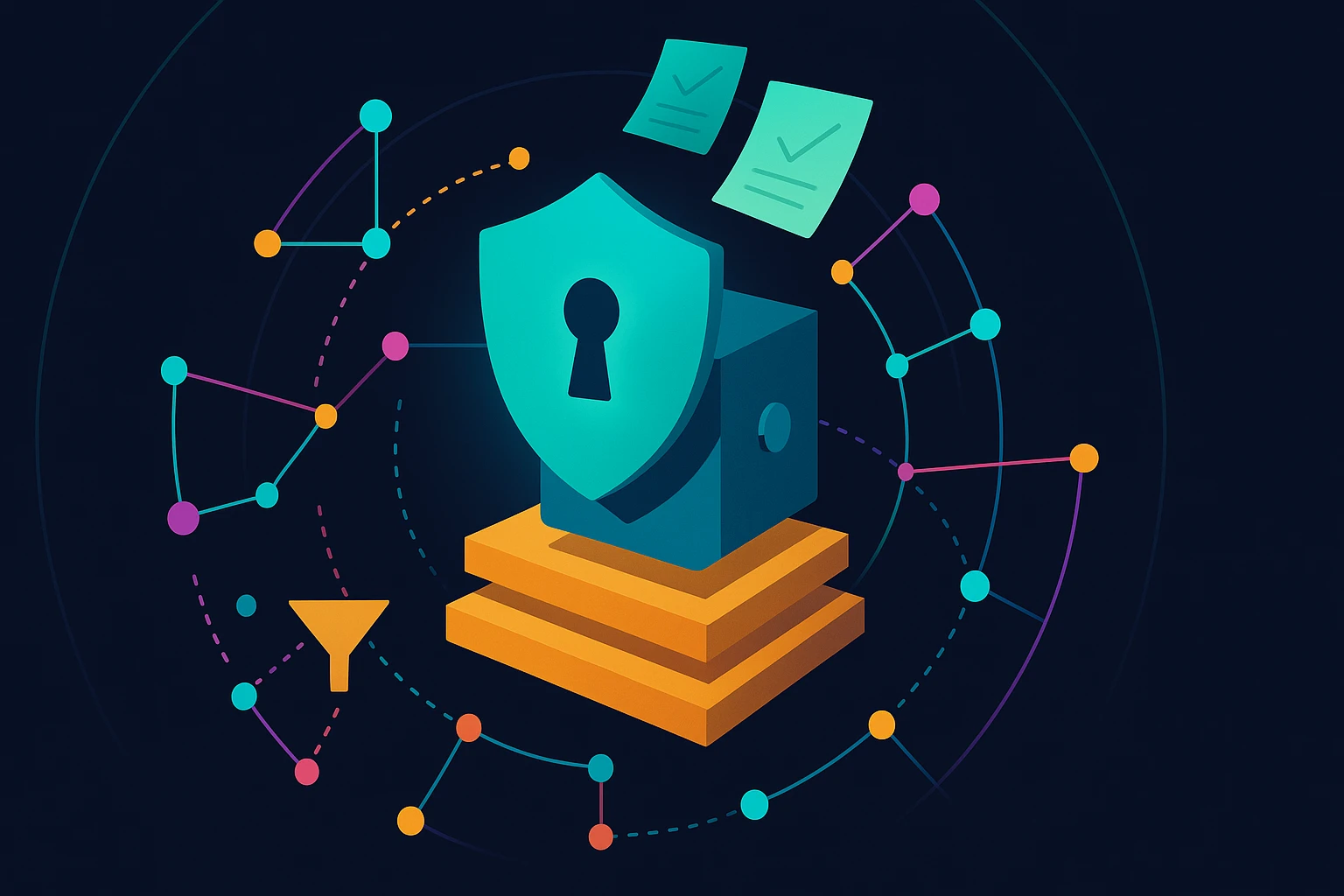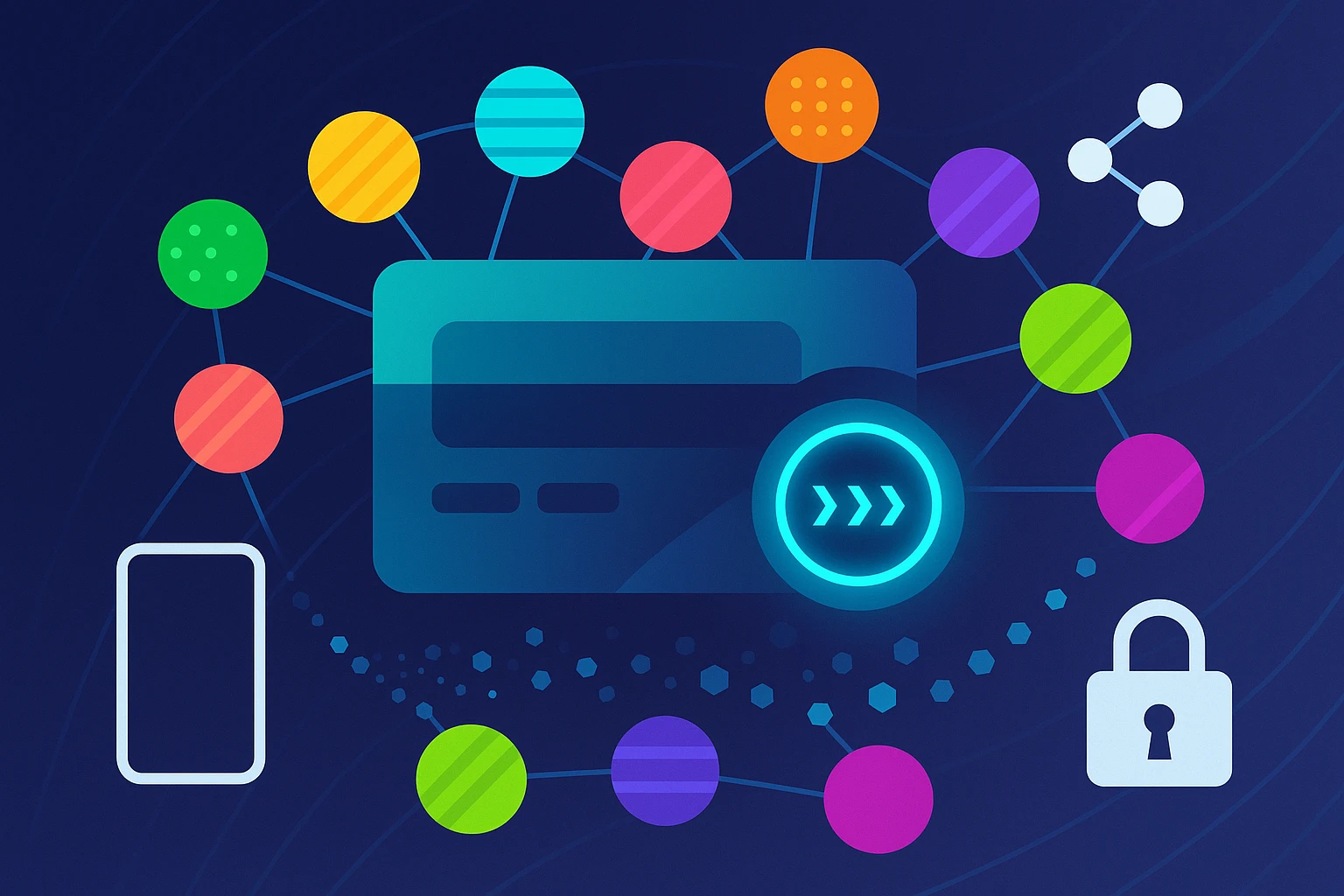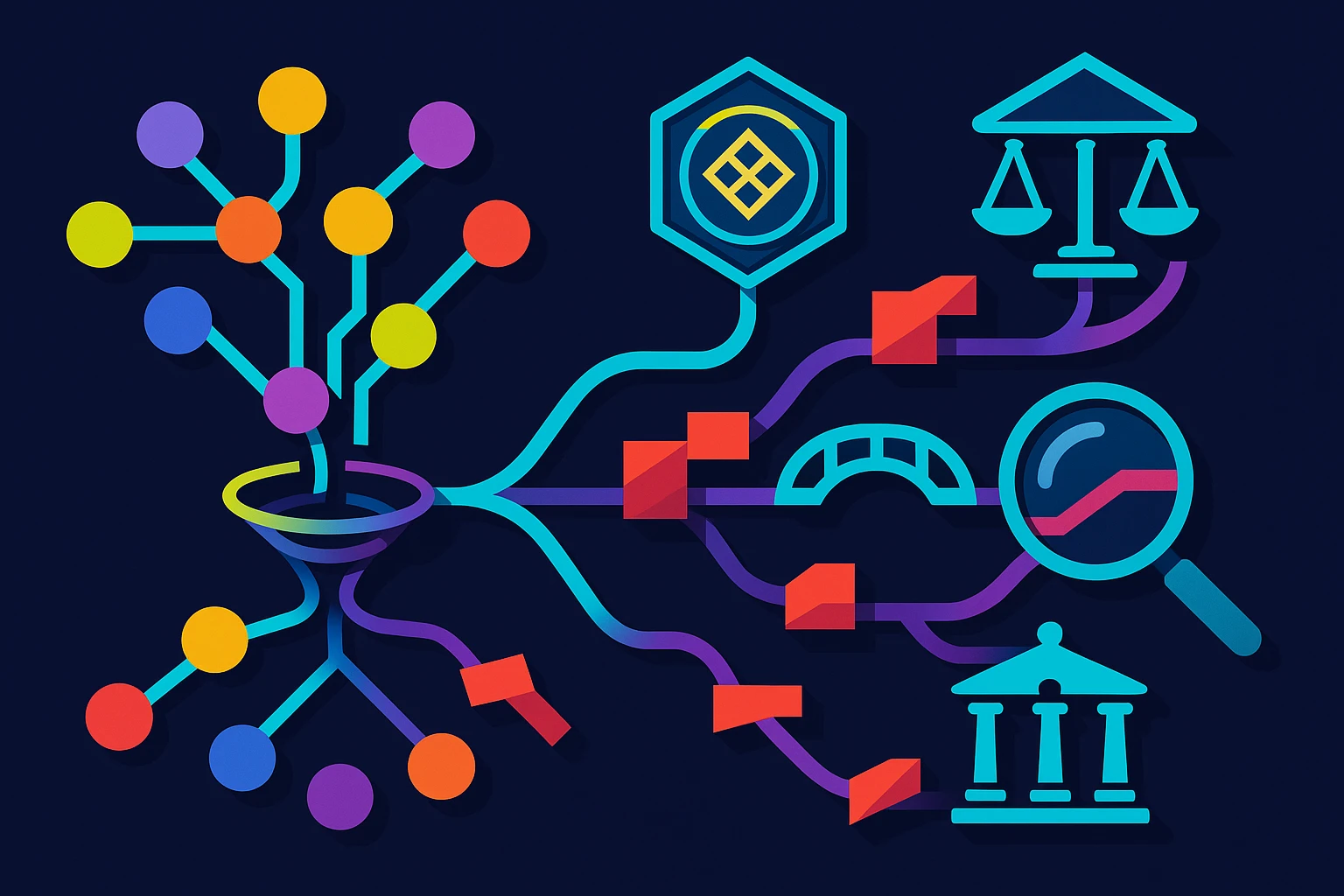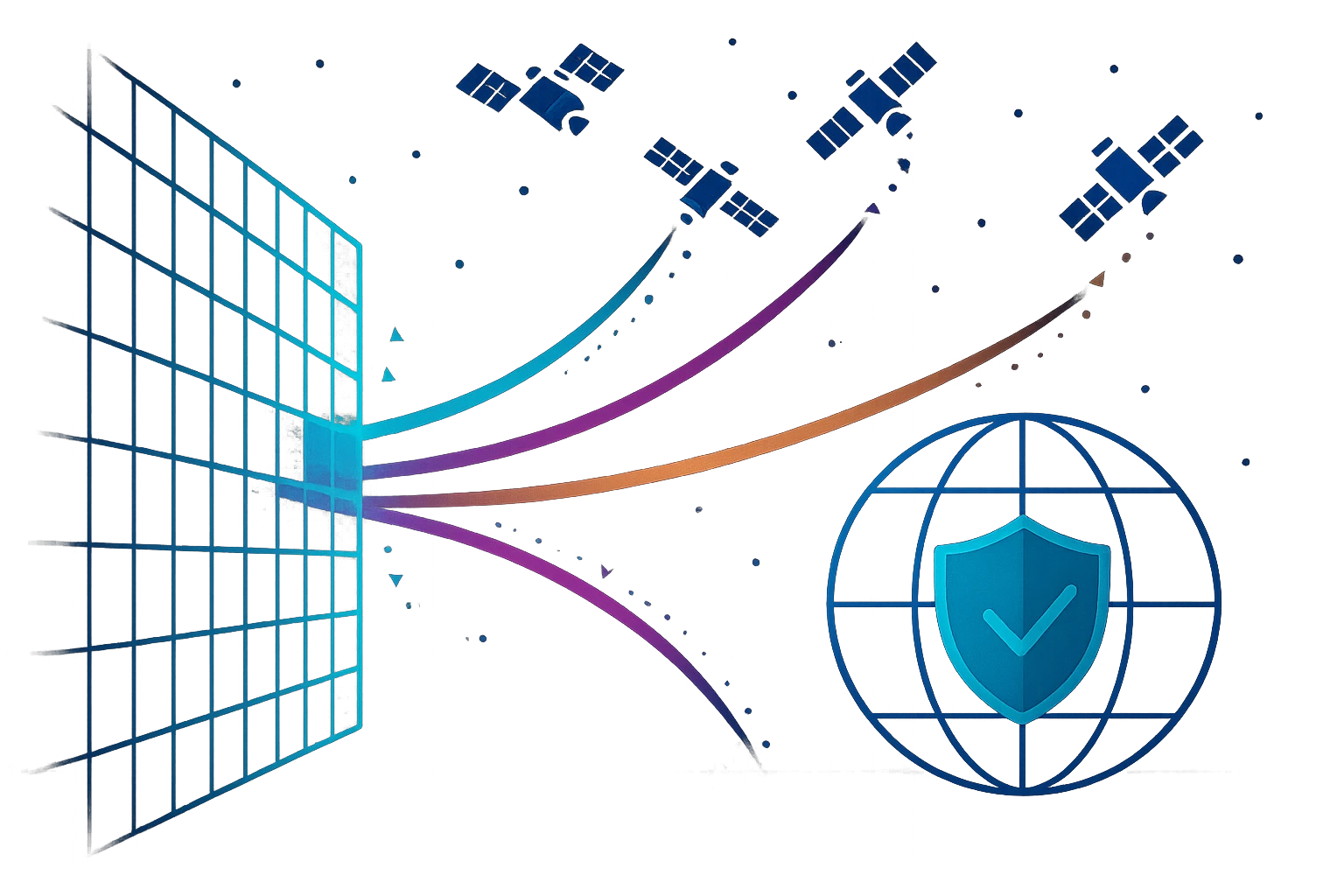Last Updated on May 15, 2025 by DarkNet
When most people hear the phrase “Dark Web,” it conjures images of shadowy marketplaces, encrypted messages, and the clandestine exchange of information beyond conventional search engines. Simply put, the Dark Web is a hidden segment of the internet accessible only via specialized software like the Tor browser, offering privacy and anonymity to its users. But despite its mystique, the Dark Web can be chaotic and confusing without proper guidance. Enter dark-web directories—crucial gateways that catalog verified onion addresses and make navigating this obscure landscape safer and more efficient.
In this article, we’ll shine a light on the iconic Hidden Wiki and several reliable alternatives that still operate effectively in 2024. By exploring their strengths and weaknesses, you’ll learn which directories you can trust, which ones match your needs, and how to safely navigate these resources. Whether you’re curious, concerned about privacy, or simply seeking valuable hidden content, our guide provides clarity in a realm often cloaked in uncertainty.
The Hidden Wiki – An Iconic Gateway
Since its emergence in the mid-2000s, the Hidden Wiki has served as the most recognizable entry point into the labyrinthine corridors of the Dark Web. Essentially a user-generated directory hosted on Tor, it curates and categorizes “.onion” URLs—addresses inaccessible via standard browsers or traditional search engines. Over time, the Hidden Wiki became iconic, largely due to its straightforward, wiki-based format that allowed easy community updates and helped new users navigate a notoriously opaque digital landscape.
Today, in 2024, the Hidden Wiki maintains popularity due to familiarity and its expansive link collections. However, reliability is notably mixed. On one hand, it’s a convenient and comprehensive starting point, regularly updated with new, user-submitted onion sites spanning forums, marketplaces, whistleblower resources, cryptocurrency exchanges, and various services emphasizing anonymity. On the other hand, its open-edit format makes it vulnerable to malicious edits, outdated links, scams, and occasional misinformation. Users must consistently exercise caution, verifying each link independently to avoid security risks.
Despite these concerns, the Hidden Wiki endures as a foundational resource precisely because of its breadth and longstanding presence, embodying the best—and sometimes worst—of what the Dark Web has to offer.
Top Alternatives to the Hidden Wiki in 2024
While the Hidden Wiki remains popular, its flaws have pushed users toward exploring alternative directories that offer enhanced security, better reliability, and curated content. The following platforms stand out as strong contenders in 2024, each serving distinct user needs and priorities.
Daniel’s Onion Link List
Daniel’s Onion Link List is a meticulously curated collection of active “.onion” addresses, frequently updated to ensure relevance and accessibility. Unlike community-edited directories, this platform is maintained by a single trusted administrator, enhancing quality control significantly.
Pros:
- Carefully vetted links; fewer broken or malicious sites.
- Regular updates ensure timely access to reliable resources.
- Clean, minimalist interface suitable for quick navigation.
Cons:
- Relies heavily on the diligence of a single curator; updates can occasionally lag behind emerging sites.
- Limited scope compared to open directories.
Ideal for:
Privacy-conscious users seeking high-quality, reliable links without extensive browsing or exposure to potential risks.
Daniel’s Onion Link List consistently proves itself a safe harbor for those prioritizing quality over quantity.
Ahmia
Ahmia stands apart as a Tor-based search engine, rather than a traditional directory, enabling keyword searches across indexed Dark-Web content. It bridges conventional search engine functionality with the privacy offered by onion sites, making discovery of new resources straightforward and user-friendly.
Pros:
- Powerful search capabilities streamline content discovery.
- User-friendly interface resembles standard web search engines, ideal for newcomers.
- Active indexing helps quickly find relevant, updated onion addresses.
Cons:
- Search results sometimes surface outdated or irrelevant sites due to automated indexing.
- Potential exposure to unverified sites, increasing user risk slightly compared to curated directories.
Ideal for:
Tech-savvy newcomers or researchers needing quick and flexible access to a wide variety of Dark-Web content without predefined categories.
Ahmia effectively simplifies exploring the Dark Web, but caution remains advisable due to automated indexing.
TorLinks
TorLinks offers a structured, well-categorized directory with clear, accessible design reminiscent of the early Hidden Wiki, yet with tighter moderation. Its strength lies in user-friendly categorization, covering everything from secure communication platforms to informational repositories and marketplaces.
Pros:
- Intuitive layout makes navigation straightforward.
- Regular moderation significantly reduces malicious or obsolete links.
- Broad yet organized categories enhance discoverability.
Cons:
- Occasional delays in removing inactive links.
- Dependence on moderation means new links appear slower compared to open community platforms.
Ideal for:
Users who prefer clearly categorized resources, balancing ease of navigation with moderately robust link validation.
TorLinks serves effectively as a structured, safer alternative to community-driven directories, appealing particularly to methodical users.
Dark.Fail
Dark.Fail stands out as a specialized and highly respected directory focused primarily on operational security and verification. This platform carefully vets major onion services, notably darknet markets, secure communication platforms, and privacy tools, emphasizing user trust and reliability.
Pros:
- Rigorous verification and continuous monitoring of listed sites.
- Trusted within the Dark-Web community for consistent accuracy and minimal fraud risk.
- Clear, concise updates on site statuses and downtimes.
Cons:
- Limited selection, focusing mainly on high-profile services rather than broad exploratory listings.
- Less useful for users seeking niche or specialized content outside major darknet markets and privacy tools.
Ideal for:
Experienced users, especially those involved in cryptocurrency, privacy advocacy, or market activities, requiring dependable and verified onion addresses.
Dark.Fail remains unmatched in security and trustworthiness among seasoned Dark-Web users.
Each of these directories offers distinct advantages tailored to specific user profiles, enhancing the Dark-Web exploration experience beyond the traditional Hidden Wiki.
Safety Tips for Using Dark-Web Directories
Navigating the Dark Web requires more than just a curiosity or a Tor browser—it demands careful attention to security and anonymity. While directories like the Hidden Wiki or TorLinks offer convenience, they can also expose users to substantial risks if proper precautions aren’t taken.
Common threats faced on the Dark Web include scams, malware, and unintended exposure of personal or sensitive information. Scam sites often mimic legitimate platforms to trick users into sharing personal data or making financial transactions. Malware can infect computers through malicious downloads or scripts, compromising privacy and data security. Additionally, without proper anonymity practices, users risk inadvertently revealing identifying information to third parties or law enforcement agencies.
To mitigate these threats, consider these key safety practices:
- Use a Reliable VPN: Always connect through a trusted VPN service before accessing Tor. A VPN encrypts your connection, providing an extra layer of anonymity by masking your IP address from your internet service provider and external observers.
- Secure Operating Systems: Opt for security-focused, privacy-oriented operating systems such as Tails or Whonix. These systems automatically route internet traffic through Tor and minimize digital footprints, significantly reducing vulnerability to malware and tracking.
- Update Your Tor Browser: Regularly updating the Tor browser ensures you have the latest security patches and protection from known vulnerabilities. Avoid using plug-ins or extensions, as they can compromise your anonymity.
- Verify Onion URLs Carefully: Only use onion URLs from reputable and verified directories, such as those reviewed here. Double-check URLs carefully to avoid phishing or scam sites.
- Maintain Operational Security (OPSEC): Never share personal information, avoid consistent usernames or aliases across different sites, and use anonymous cryptocurrencies, like Monero, when financial transactions are necessary.
Adhering consistently to these practices ensures safer exploration and minimizes the inherent risks involved in accessing Dark-Web directories.
Navigating the Dark Web effectively hinges upon choosing directories that match your specific goals and comfort with risk. The Hidden Wiki, despite its imperfections, continues as an accessible gateway ideal for casual explorers. Daniel’s Onion Link List offers carefully curated links for users who prioritize reliability over volume. Ahmia delivers powerful search capabilities for those seeking convenience in discovering diverse content, while TorLinks blends structured organization with improved safety measures. Finally, Dark.Fail stands unmatched for those demanding stringent verification and maximum trustworthiness, especially within market and privacy communities.
When selecting your gateway, weigh convenience against security rigorously. Your choice should reflect how deeply you value reliability, anonymity, or ease of exploration. Ultimately, engaging with the Dark Web responsibly goes beyond mere curiosity—it requires vigilance, informed decision-making, and a clear understanding of the digital shadows you choose to explore.
- LockBit after Operation Cronos: what it means for you in 2025 – short and to the point - October 4, 2025
- Kagi: Finally, a Search Engine That Doesn’t Sell Your Soul (or Data) - October 3, 2025
- Nanochan: The Imageboard That Lives in the Shadows - October 1, 2025

